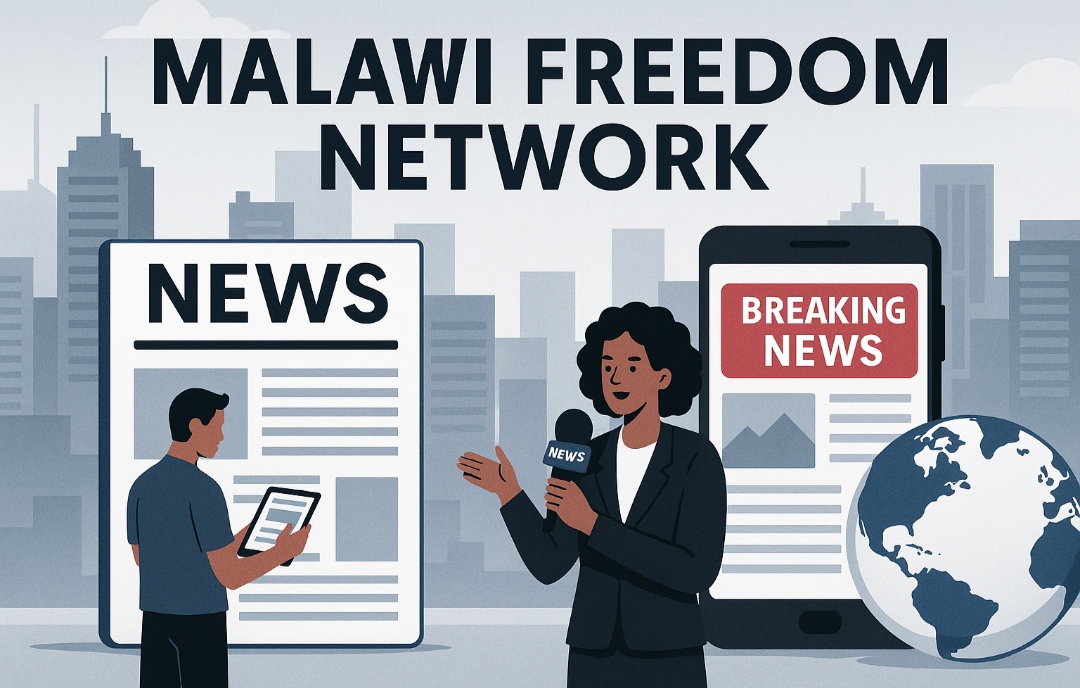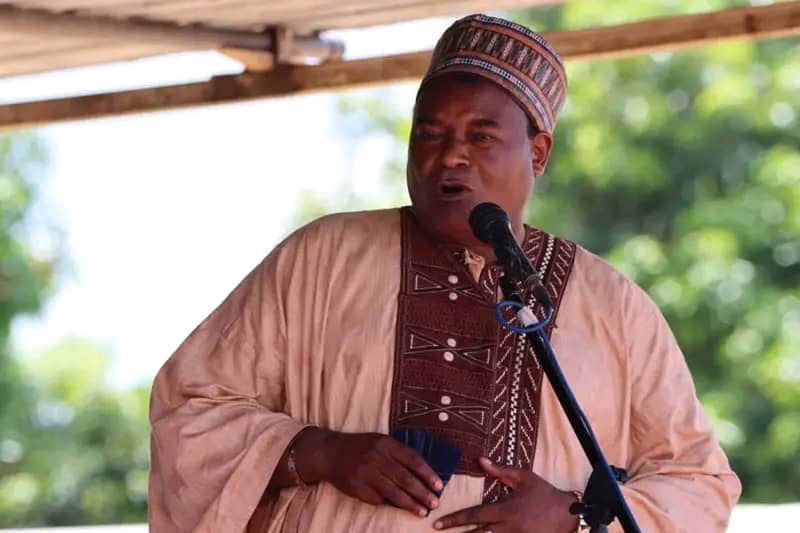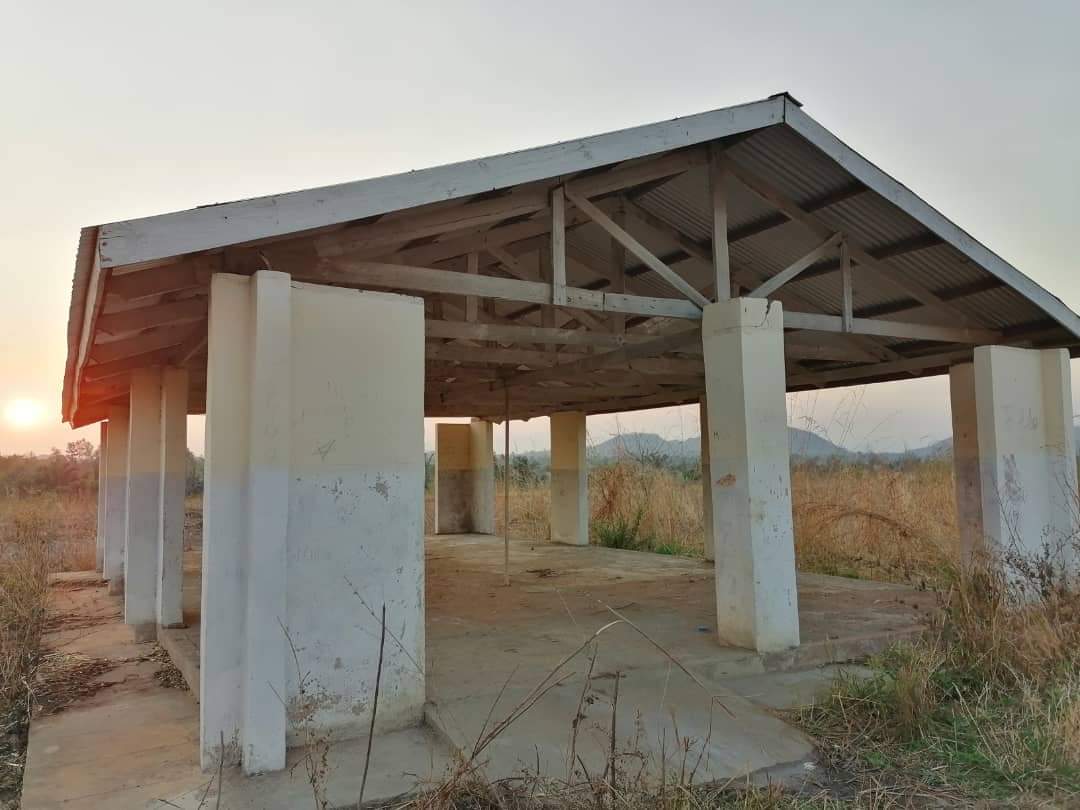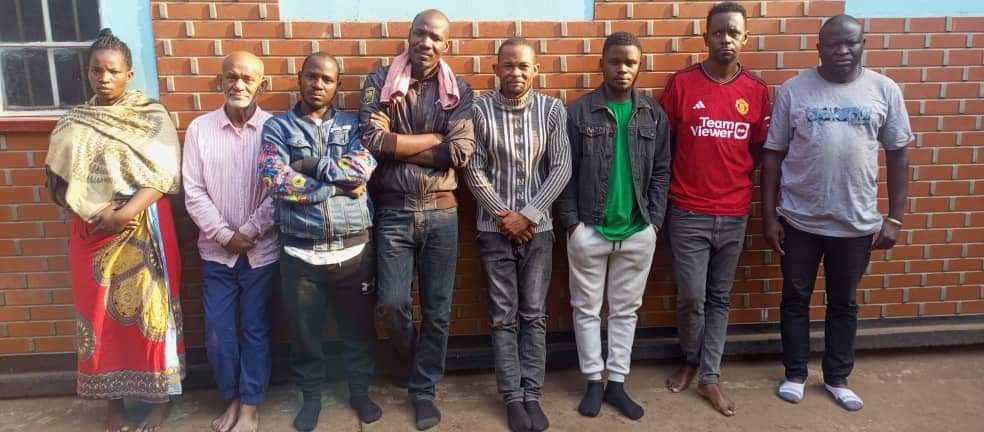By Burnett Munthali, Malawi Freedom Network
Between 24 and 31 August 2025, Malawi experienced a series of events that highlighted the growing intensity of political, cultural, and social discourse as the nation approaches the September 16 general elections.
The week began with a moment of pride for the country’s religious community as winners of the 2025 National Hadith Recitation Competition prepared to represent Malawi in Morocco.
This achievement underscored Malawi’s cultural and spiritual richness and placed the nation firmly on the international stage of religious excellence.
In the political arena, former President and Democratic Progressive Party (DPP) leader Professor Arthur Peter Mutharika dismissed rumors suggesting that he would serve only a one-year term if elected.
His statement was meant to reassure his supporters of his long-term vision and unwavering commitment to national leadership
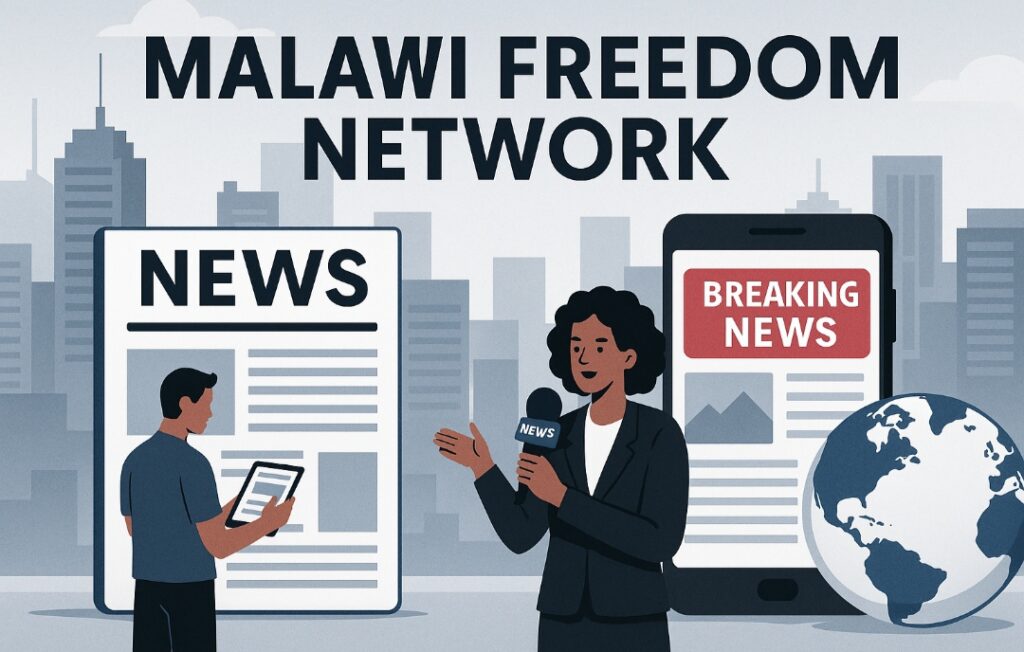
Meanwhile, the Malawi Congress Party (MCP) came under scrutiny over allegations of excessive campaign handouts.
Authorities even ordered the removal of campaign posters for councilor Isaiah Emmanuel Sunganimoyo, underscoring rising concern over the fairness of campaign practices.
Adding to the heated discourse, political activist Comrade Alhaji Imraan Jumbe urged citizens to reject both the MCP and President Lazarus Chakwera in the elections.
Jumbe’s appeal reflected broader frustrations within sections of the electorate seeking political change.
Tensions between opposition factions also came into sharp focus when the DPP hit back at UTM leader Dalitso Kabambe after his critical remarks against the party.
The growing hostilities between these two key opposition forces suggested a fractured opposition landscape, with potential implications for voter alignment.
Amid these clashes, the United Democratic Front (UDF) officially launched its 2025 election manifesto in Blantyre.
The manifesto outlined the party’s policies and vision, positioning the UDF as a contender with fresh proposals in the run-up to the polls.
At the same time, political analyst Stevie Kauka shared critical insights into voter sentiment, painting a picture of an electorate that is closely scrutinizing campaign promises and leadership qualities.
Grassroots voices also rose during the week, with residents of the Gumbi area calling upon MCP candidates to honor campaign promises.
This community demand highlighted the increasing expectation for accountability at the local level, where citizens feel the direct impact of political pledges.
Beyond the domestic political scene, the African Union weighed in by encouraging dialogue among Malawian political parties.
The AU emphasized the importance of peaceful engagement and inclusive participation as essential elements for credible elections.
All these developments unfolded against the backdrop of the upcoming September 16 general election.
The race has attracted prominent contenders, including President Lazarus Chakwera of the MCP with his running mate Vitumbiko Mumba.
Former President Peter Mutharika is running on the DPP ticket, this time partnering with Jane Ansah as his running mate.
Former President Joyce Banda is also in the race, representing the People’s Party alongside Khumbo Kachali.
Dalitso Kabambe leads the UTM with Mathews Mtumbuka as his partner.
And Atupele Muluzi of the UDF has chosen Dr. Rex Kalolo as his running mate, rounding out a crowded field of aspirants.
As Malawi edges closer to the election, the political climate has become more charged, with promises, counter-accusations, and policy outlines dominating the public discourse.
Concluding Analysis
The events of the week reveal a nation caught between hope and uncertainty.
On one hand, Malawi’s cultural achievements, such as the Hadith recitation success, symbolize unity, pride, and international recognition.
On the other, the political sphere is defined by heated rhetoric, inter-party rivalry, and growing calls for accountability.
The key question for voters is whether promises made on podiums and in manifestos will translate into tangible change after the elections.
What remains clear is that Malawi is entering one of its most competitive and consequential electoral contests in recent history, with the electorate’s demand for transparency, inclusivity, and development likely to shape the outcome.

